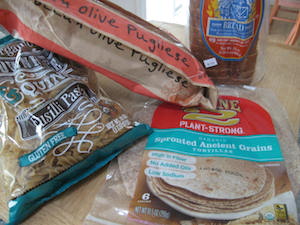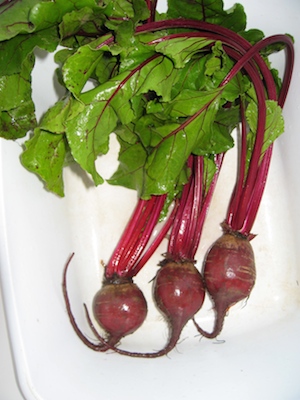
Should everyone go gluten-free?
Gluten-free has become a trendy buzzword among the health conscious. But is it right for everyone, even if you aren’t experiencing symptoms of having a gluten sensitivity?
What is gluten?
Gluten is a protein that naturally exists in wheat, rye, and barley and can be found in a variety of processed foods, including salad dressings and seasoning mixes. Gluten is also hiding in some vitamins, medications and makeup products. Gluten’s main claim to fame is its ability to help foods maintain its shape. That’s why it’s an essential part of baking. When combined with water, gluten’s strong, sticky protein gives structure to baked goods and pastas.
Gluten has become a popular meat substitute for vegans and vegetarians. High in protein, a four-ounce serving of seitan (a processed gluten meat substitute) contains about 26 grams of protein. Gluten is also low in fat and high in iron.(1)
When is gluten bad?
Gluten is harmful to people with celiac disease or a gluten sensitivity. When people with celiac disease (an autoimmune disorder) eat gluten it triggers an allergic reaction that results in inflammation and destruction to the lining of their small intestine and the malabsorption of nutrients. People with celiac disease tend to experience varying degrees of gastrointestinal issues, joint pain and skin rashes. In addition, studies have shown a link between celiac disease and neurological symptoms such as anxiety, depression, autism, epilepsy, and schizophrenia.(2) And there is strong evidence that individuals with autism, epilepsy, and schizophrenia all respond well to a gluten-free diet.(3) It only takes a very small amount of gluten (about 50 milligrams) to cause intestinal damage for a person with celiac disease. Learn more.
A related condition called gluten sensitivity or non-celiac gluten sensitivity can cause symptoms similar to celiac disease with an increase in the non-GI symptoms such as headaches, joint pain and numbness in the limbs and fingers. Individuals with gluten sensitivity lack the same antibodies as those with celiac disease and do not experience the same intestinal damage. Where celiac disease is considered an autoimmune disease, gluten sensitivity is an innate immune response where the immune system’s response does not target your own body’s tissues. (more…)


